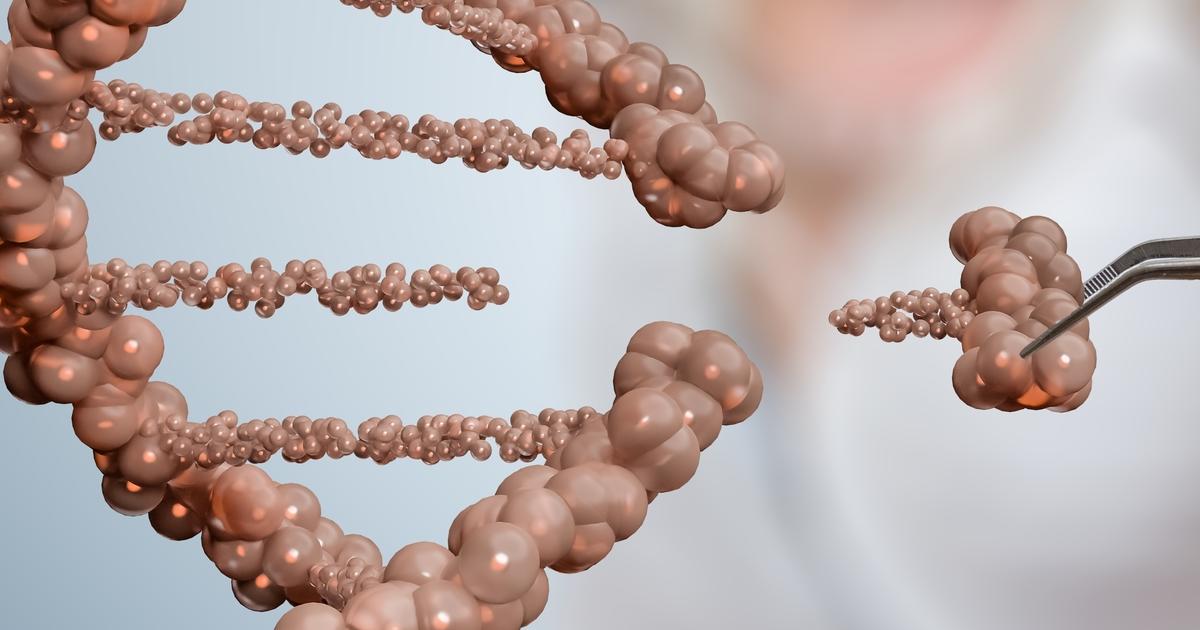Potential Causes And Risk Factors Associated With Autism Spectrum Disorder
Autism spectrum disorder is used to describe a neurodivergent way of processing the world. It is currently classified as a developmental disability, and the symptoms can cause significant distress and difficulty with communication. With that said, many individuals with autism go on to lead happy, independent, fulfilling lives. Many of these individuals are creative thinkers and innovators. It's important to understand the potential causes and risk factors for autism spectrum disorder. If someone is on the spectrum, making adjustments to their home environment and communication style can be very helpful. Children with autism spectrum disorder have different developmental milestones and communication needs from neurotypical children, so understanding them is important. Though there are therapies that aim to suppress autistic behaviors, an increasingly large body of research indicates patients with autism should be able to express and embrace their neurodivergence instead.
Read about potential causes and risk factors linked to autism spectrum disorder now.
Genetics
Genetics are thought to play a role in autism spectrum disorder, but they usually aren't the only factor at play. Researchers have been studying genetic links to autism for years. The initial hope was to create a prenatal screening test for autism, but there has been pushback against this from the autistic community. Some children with autism spectrum disorder also have a genetic disorder like fragile X syndrome or Rett syndrome. It's also possible that genetic mutations increase the likelihood of having autism, but researchers are still learning what these mutations are. Genetics play a key role in neurological development. Some genes may affect the way the brain communicates with cells and processes information. Certain genetic mutations can occur spontaneously, but others are inherited. Having a family member with autism does increase the likelihood someone will have autism themselves. It's possible autism is caused by a perfectly normal gene variation rather than a genetic defect.
Read about how the environment can potentially influence autism now.
Environmental Factors

There is ongoing research into how environmental factors may affect the presence and perceived severity of autism. One prevalent myth is vaccines cause autism, but it's crucial to note this has been equivocally proven false. In fact, the doctor who published the original study lost his license for falsifying data. Researchers are trying to ascertain whether air pollutants, pregnancy complications, medications, or viral infections have an impact on the development of autism. While autism is likely not caused by a disease or other environmental factors, it is true environmental factors can increase noticeable symptoms. For example, a child with autism in a bright and loud grocery store may have a sensory meltdown. The amount of sound and artificial light in our world today is far greater than it has been in the past. This means patients with autism are more likely to experience sensory distress and overstimulation. The same child who has a meltdown in a grocery store might, had they been born a few centuries ago, never have exhibited symptoms at all.
Keep reading to uncover more potential risk factors for autism now.
